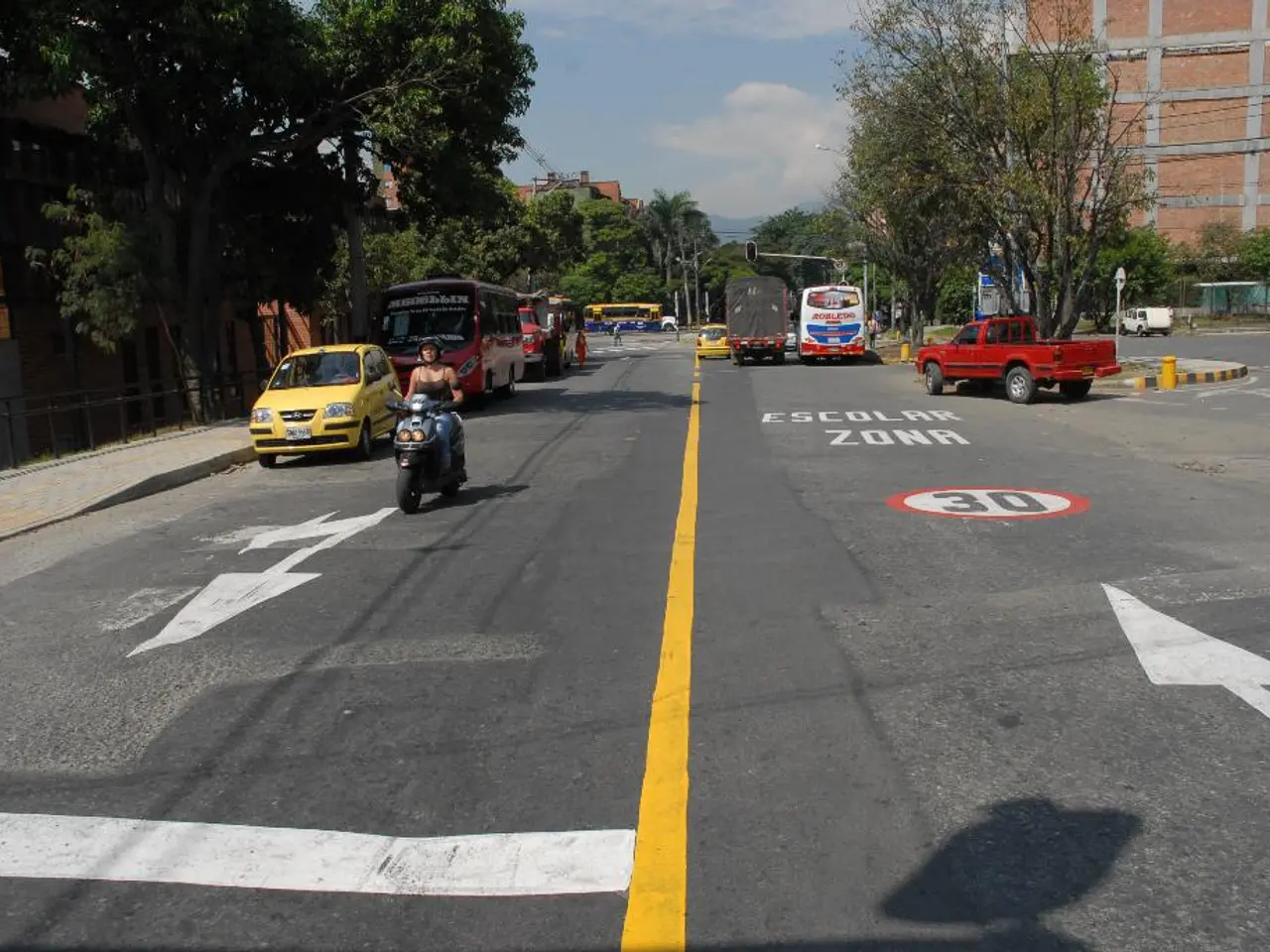Recognition of Cryptocurrency in a Significant Regulatory Move for Vietnam's Digital Assets Sector
Vietnam Enacts Comprehensive Digital Asset Law
Vietnam has taken a significant step in its evolving approach to digital finance with the enactment of the Law on Digital Technology Industry, effective from January 1, 2026. This legislation establishes a clear legal framework for digital assets, addressing a regulatory gap that has been largely absent in the country.
The law introduces two distinct classifications: virtual assets and crypto assets. Virtual assets are digital assets used for exchange or investment, and will be treated separately from securities, fiat-backed digital currency, and other financial instruments. Crypto assets, on the other hand, are digital assets that use encryption technology to verify transactions and establish ownership, and do not include securities, fiat-backed digital currencies, or other financial instruments already regulated.
The government will have regulatory oversight over digital assets, establishing clear guidelines for their classification, regulation, and trade. Service providers such as exchanges and wallet providers will be subject to licensing and operational guidelines. Providers are authorized to select assets for listing but are encouraged to prioritize highly liquid and widely recognized assets to ensure market transparency and safety.
Cybersecurity and fraud prevention are key concerns addressed in the law. Compliance obligations such as identity verification, transaction monitoring, and reporting duties are mandated to prevent fraud and illicit activities. The law provides authorities with explicit powers to investigate, prosecute, and deter fraud, addressing recent high-profile scams like the BitMiner mining fraud and Million Smiles cryptocurrency scam. Enhanced cooperation frameworks with international regulators support cross-border investigations of cybercrime and digital asset fraud.
Anti-Money Laundering (AML) and Counter-Terrorist Financing (CTF) measures are also a central focus of the law. Alignment with Financial Action Task Force (FATF) standards is a goal, aiming to lift Vietnam from the FATF grey list. Crypto exchanges, wallet providers, and related financial institutions are placed under strict AML/CTF obligations, including licensing and transaction scrutiny. The law explicitly excludes stablecoins from the crypto asset category to maintain regulatory clarity and combat misuse in illicit finance.
The law also supports market development and innovation. Tax exemptions, subsidies, and workforce training programs are incorporated to foster the blockchain startup ecosystem and digital economy. Vietnam is also researching a central bank digital currency (CBDC), intending to modernize the financial infrastructure in line with global digital asset trends.
The approach balances governance with encouragement of innovation and investment, aiming to create a transparent, stable, and internationally aligned digital asset market. Supervisory authority extends comprehensively over issuers, service providers, and investors involved in digital asset markets (including listing and trading).
In summary, Vietnam’s 2025 digital asset law marks a major regulatory milestone, providing statutory clarity to crypto ownership and use while embedding robust cybersecurity, AML, and fraud safeguards consistent with international standards. This framework aims not only to protect users and the economy from risks but also to position Vietnam as a competitive hub for digital innovation and investment.
(Sources: [1] ainvest.com news 2025-07-07; [3] theinvestor.vn 2025-08-01; [5] fintax.tech 2025-07-28)
- The Law on Digital Technology Industry in Vietnam, effective from January 1, 2026, classifies digital assets into virtual assets and crypto assets, with crypt assets utilizing blockchain technology for transaction verification and ownership.
- In an effort to ensure security and prevent fraudulent activities, the law mandates compliance obligations for service providers dealing with digital assets, such as identity verification, transaction monitoring, and reporting duties.
- Vietnam's comprehensive digital asset law also aims to foster innovation by providing tax exemptions, subsidies, and workforce training programs for the blockchain startup ecosystem and digital economy.




